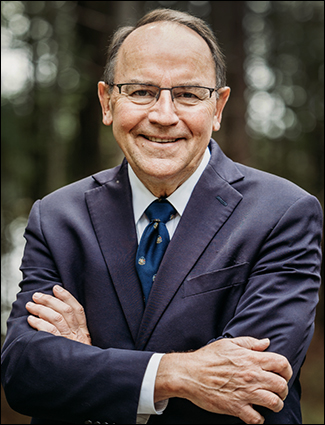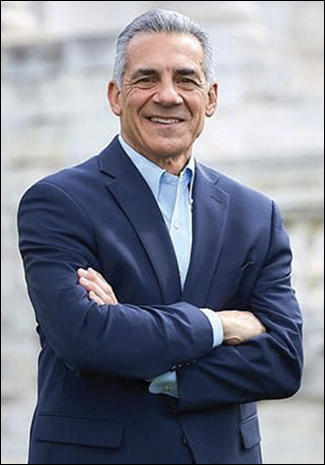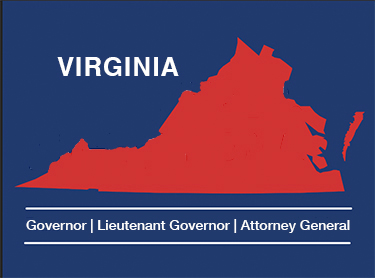By Jim Ellis — Friday, Sept. 26, 2025
Governor
Wisconsin Rep. Tom Tiffany (R-Minocqua) has announced that he will risk the congressional seat he won in a 2020 special election to enter his state’s open Governor’s race next year.The move had been expected, and Rep. Tiffany’s chances of winning the Republican primary so far against Washington County Executive Josh Schoemann and manufacturing company CEO Bill Berrien are good. Tiffany’s strong conservative record gives him the inside track in attracting backing from right of center political organizations which have proven important in Republican primaries.
Democrats who have announced their own gubernatorial campaigns are Lt. Gov. Sara Rodriguez, state Sen. Kelda Roys (D-Madison), state Rep. Francesca Hong (D-Madison), and Milwaukee County Executive David Crowley. Gov. Tony Evers (D) is not standing for a third term.
The Tiffany move opens the state’s northwestern 7th Congressional District, a seat that occupies most of northern Wisconsin’s land area and is dotted with small towns and lakes. WI-7 contains 21 counties and parts of five others.
The district’s largest population hub is the city of Wausau, with a population of just under 40,000 residents. The town of Superior with almost 27,000 inhabitants lies at the southwestern tip of Lake Superior and across the water from Duluth, Minnesota. The vast district then stretches east along Michigan’s Upper Peninsula border before turning south and moving to the outskirts of Chippewa Falls.
The partisan lean for CD-7 is 57.0R – 40.8D. President Trump carried the district in all three of his campaigns and scored a 60.5 – 38.0 percent victory in his latest campaign against Kamala Harris.
There are currently 32 open races when including the recent announced retirements of Reps. Michael McCaul (R-Austin) and Morgan Luttrell (R-Magnolia) in Texas in addition to Tiffany now running for Governor. Recently filling seats in special elections are Democrats James Walkinshaw (D-VA) and Adelita Grijalva (D-AZ), the latter just this week from southern Arizona’s 7th District.
Though the number of open seats remains consistent when factoring the retirements and special elections, the political landscape is different. What changes is the partisan complexion.
With the aforementioned latest developments, we now see 19 current Republican-held open seats as compared to just 10 from the Democratic Conference. Three new redistricting created seats in Texas have no incumbents. Two seats, TN-7 and TX-18, remain vacant pending special elections. A total of seven open seats lie in Texas alone.
Wisconsin’s 7th District has a long tradition of electing Republican House members. The lone Democratic exception since the 1892 election — but with a very long tenure — is former Congressman and House Appropriations Committee chairman David Obey who retired after the 2010 election. He was initially elected in a 1969 special election.
The seat reverted to the Republicans in the 2010 election when Sean Duffy, the current US Transportation Secretary, converted the 7th to the GOP column. Duffy resigned before the 2020 election, thus leading to Tiffany succeeding him in the House.
We can expect to see a crowded Republican primary field form that will undoubtedly feature a number of state legislators and county elected officials. It is likely that none of the candidates will begin the campaign with district-wide name identification. Therefore, we can expect a close Republican primary that won’t be settled until Aug. 11.
Democrats will field a credible nominee, but the region’s recent voting history and the favorable Republican draw on the current redistricting map will give the eventual GOP nominee the inside track toward winning the general election and beginning a career in the House of Representatives.







